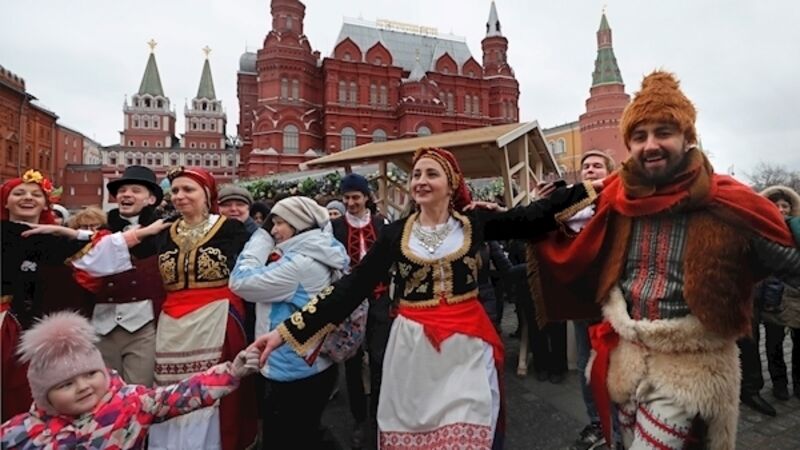Crimea: West still plays ‘occupied’ card five years after vote

The subject of Crimea has been on the radar of politicians and mass-media ever since it rejoined Russia on March 18, 2014, as a result of a freely-expressed will of its people. The most common and false cliché about that development used in some Western capitals — notably in Washington and London — has been an allegation that Russia “annexed and occupied” Crimea. On the one hand, it is so obviously a misleading statement that its only practical use could be in the context of the current propaganda war against Russia — which is at least understandable, even if deliberately ill-intentioned. It is, however, a completely different matter when such propaganda is used as a basis for serious political analysis, making it self-serving and a dangerous miscalculation.
Let’s face the facts. Five years ago, on March 16, 2014, a referendum was held in the Autonomous Republic of Crimea and the city of Sevastopol situated on the peninsula, which was attended by 83.1% of voters in Crimea and 89.5% of voters in Sevastopol. 96.77% of the voters in Crimea and 95.6% in Sevastopol voted in favour of reunification with Russia. The backdrop for that distinctively peaceful manifestation of popular intent was tragic.
















